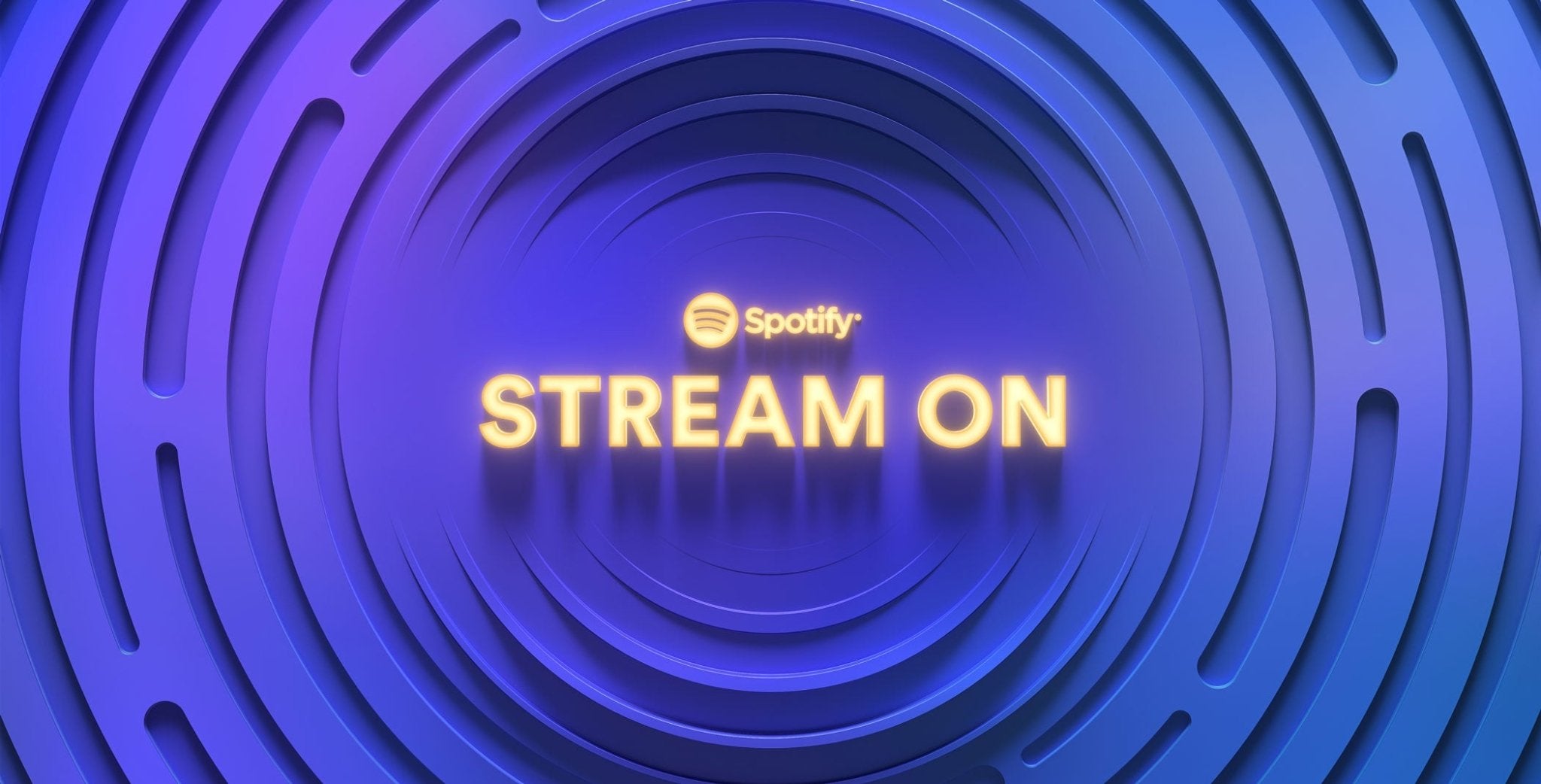Sync licensing may sound like a foreign language to some artists and industry professionals, but it's quickly becoming an essential part of the music business. We’ve all seen movies, TV shows, commercials, or video games that feature popular songs playing in the background — songs that have the power to influence your emotions in the moment. Sync licensing is part of the ecosystem responsible for creating those memorable moments. Beyond its obvious uses for media placements, sync can be a great source of extra income for creatives who understand how to leverage their music properly.
Sync(h) Fees
Word to the wise... 'sync' is often interchanged with 'synch'. They are the same, just with spelling variations. Sync licenses provide one-time fees on both the master and publishing sides. That means that the master recording payment and the publishing payment are always equal, and getting all parties to agree on a fair rate is no small task for the licensing agent!
If you are an unsigned independent artist and you own all of the rights to your publishing, you'll most likely to be able to collect the full fee! If you're signed to a label and/or publisher, you won't be able to collect the full amount, but if you work with a powerful negotiating team, they'll make sure the work involved is worth everyone's time and energy.
Hiring A Licensing Team/Company
While it may be tempting to try to do everything yourself, sorting through all of the paperwork that comes along with sync is more than a full-time gig. The smarter choice (in our opinion) is to either work with a licensing team or a licensing company. A team is a smaller and more boutique option, while working with a licensing company is more similar to having your music placed in a library. Both options are capable of finding you exciting and profitable sync licensing placements, and both will be able to leverage their long-standing relationships with all of the music supervisors you might want to pitch your music to. Check out a list of companies we dig here.
Whoever you end up working with will typically take a percentage off of the combined master and publishing for their services. They might even be able to use their negotiation power to find syncs that will provide master and publishing royalty payments over a longer period of time, like for the duration of a movie's theatrical run, for example. Like anything else, it's all in the details, baby! Whichever route you choose to go, sync licensing should be a vital part of your business plan. The potential opportunities in this revenue stream are a great way to open up new audiences for your music and get it heard in places you may have never expected.
What Genre Syncs?
Different types of music can be synchronized and exploited, from classical pieces to modern pop hits. Depending on the type of media and style of production, different genres will be sought out by music supervisors looking for the perfect accompaniment. You can expect some of the most commonly used music to be hip-hop, rock and pop, but don’t let that stop you from experimenting with different sounds.
Many sync professionals are constantly on the lookout for anthemic, building tracks. The mood your song evokes is key, especially in regards to more mainstream commercial branded spots. Writing music with lyrics that are easy to relate to and that explore universal themes are good choices to pitch. One well-written song can propel an artist's career overnight in the world of sync, given the vast range of budgets and potential exposure.
What Assets Are Needed
Generally, a licensing team or company is going to need various assets from you in order to make the most out of working together. WAVs, writer/PRO/publishing splits, lyrics, album art and release dates are some of the most important ones you'll need to have readily available. Getting instrumentals made for any track you think might be 'syncable' is generally a good strategy as well. The same logic applies towards clean versions of explicit songs.
Getting Started
If you’re interested in getting started in the world of sync licensing, there are a few steps you should take to get your music noticed. Before taking any other steps you should make sure that your songs are registered with a Performance Rights Organization (PRO) like ASCAP or BMI. If that already sounds like too much work, get in touch with us today. We can help set you up with a publishing administrator who will take care of the back room tasks to get you going. This is a somewhat tedious but very important step. This will ensure that any royalties generated from the synchronization of your music are properly tracked, collected and paid out to you quarterly.
Conclusion
As more media production companies look to sync licensing for their projects, the future looks bright. With streaming services such as Spotify and Apple Music driving more listeners to discover new music, your songs can reach audiences you may have never expected. There’s no telling what doors could be opened by having your music licensed for use in film, advertising or television!
Have you been searching for someone to help you with marketing your song? You’ve come to the right place! Organic Music Marketing offers a wide range of marketing and promotion services for your next song release including packages for Spotify, YouTube, Instagram, TikTok, and more! Click for more information.





Leave a comment
This site is protected by hCaptcha and the hCaptcha Privacy Policy and Terms of Service apply.